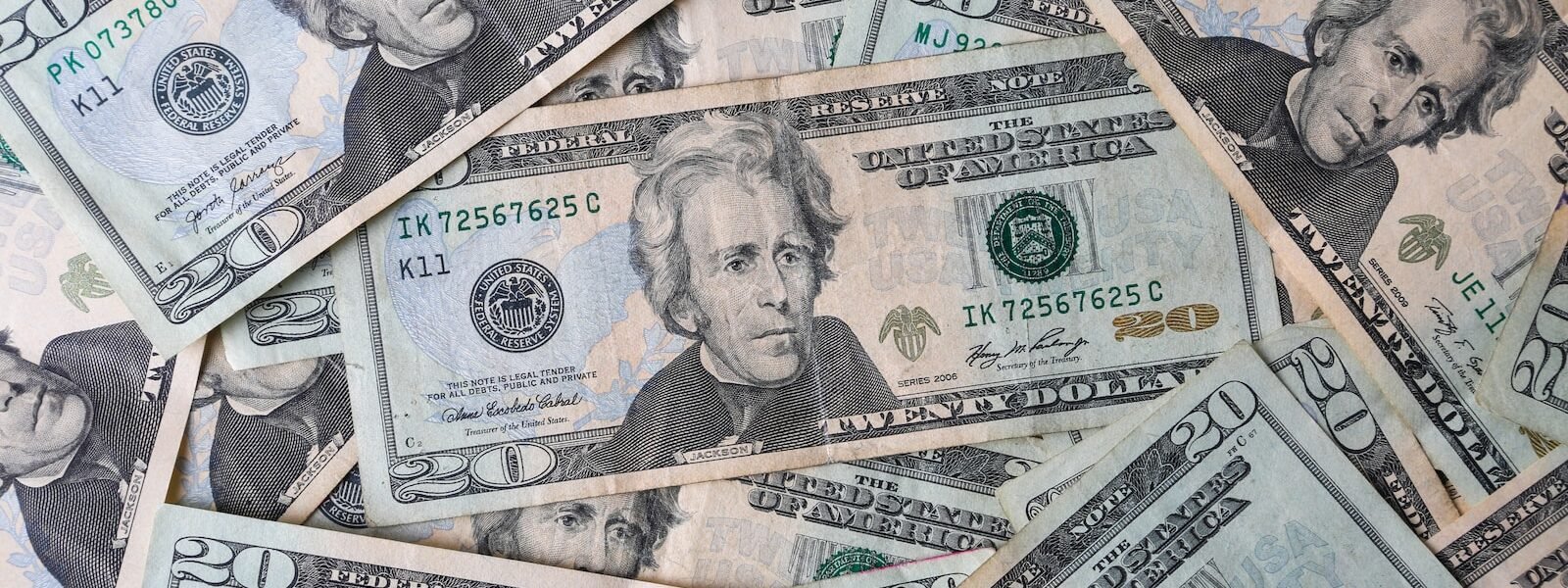Amidst the ongoing aftermath of the COVID-19 pandemic, American consumers are finding their “excess savings” rapidly diminishing. These funds, which were accumulated during the pandemic with financial support from the federal government, played a crucial role in stabilizing the economy during times of uncertainty. However, their depletion could now pose challenges for achieving a soft landing as the Federal Reserve tackles the persistent inflationary pressures.
The COVID-19 pandemic compelled the federal government to inject trillions of dollars into the economy to support businesses and individuals through shutdowns and supply chain disruptions. As a result, many American households saw their savings surge, referred to by economists as “excess savings.” In August 2021, these excess savings peaked at approximately $2.1 trillion. However, the latest estimates from economists at the Federal Reserve Bank of San Francisco indicate that this figure has dwindled to around $500 billion in the current spring.
Uncertain Outlook Surrounding Excess Savings
Economists believe that the remaining savings could potentially fuel consumer spending throughout the fourth quarter. Nevertheless, they also acknowledge the uncertainty surrounding this outlook. There are various possibilities, such as households adopting a greater appetite for savings, significantly altering their spending habits, or receiving alternative sources of income to offset the expired pandemic-era cash flows.
Another report by Federal Reserve economists specializing in international finance revealed that the United States depleted its excess savings from the pandemic faster than other advanced economies during the first quarter of 2023. This faster decline in excess savings implies that these dollars had a more significant impact on supporting demand within the U.S. economy over the past year compared to other countries.
Impact on Economic Recovery
The depletion of excess savings, whether it has already occurred or is expected to happen by the end of 2023 or early 2024, raises concerns about its impact on consumer spending. Diminished consumer spending could potentially hinder the economy’s ability to achieve a soft landing, leading to potential recessionary risks.
Recently, at a press conference following the 11th interest rate hike since March 2022, Federal Reserve Chairman Jerome Powell expressed optimism about the U.S. economy’s prospects for avoiding a deep recession. Powell cited strong consumer confidence as a supporting factor for economic activity going forward. Nevertheless, the depletion of excess savings could present challenges to this optimism.
Student Loan Repayments and the Future of Excess Savings
Looking ahead, the resumption of student loan repayments this fall could further strain American borrowers’ finances. As students begin to repay their loans, many may need to tap into the remaining portions of their excess savings from the pandemic to meet their obligations. Loans are scheduled to resume accruing interest in September, with payments due in October.
The Federal Reserve faces the challenging task of managing inflation while ensuring a stable economic recovery. As the economy evolves, policymakers will closely monitor the dynamics of excess savings and their potential impact on consumer spending and overall economic growth.
In conclusion, the depletion of excess savings represents a critical factor to consider in the path to the U.S. economic recovery. The economy’s ability to achieve a soft landing largely depends on consumer spending and financial stability. With the uncertainties surrounding the future outlook for excess savings, policymakers and economists must remain vigilant and adaptive to the changing economic landscape.
Download our app MadbuMax on the Apple App Store for the latest news and financial tools. Interested in getting your finances in order do not forget to check Dr. Paul Etienne’s best-seller book on personal finance. To access more resources, tools, and services please click here. Also, do not forget to follow Dr. Etienne on IG or Twitter.





